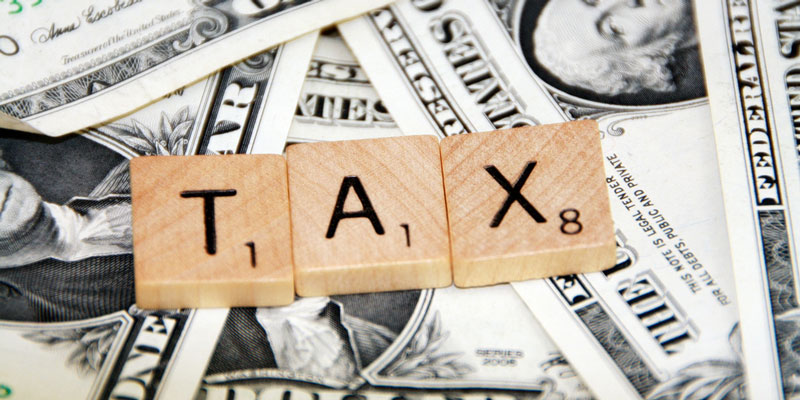Most employees are required to pay a tax known as national insurance, which is determined by the kind of job they do as well as their total annual income. It is a predetermined sum deducted from your salary, either mechanically if you are enrolled in the PAYE system or manually by submitting a payment with your self-assessment tax return if you aren't enrolled in that system.
On the government's official website, you will be able to get up-to-date information on the National Insurance rates. Some people do not pay it, including those who are at the age when they are eligible for the state pension and others who make modest earnings.
What Is The National Insurance Contribution Rate?
The amount of National Insurance that you are responsible for paying is determined not only by how much you earn but also by whether or not you are self-employed.
Employed
A salary of £12,570 to £50,270 per year is subject to a 12% rate of national insurance contribution for workers. The rate of 2% applies to income that is more than £4,189 per month or £50,270 per year. The first £12,570 of your income is exempt from National Insurance contributions.
Self-employed
If you are self-employed, your National Insurance payments will be determined by how much money you made in a given year. Only self-employed people who generate a yearly profit of more than £9,881 will be affected by the changes to National Insurance. When profits are between £9,881 and £50,270, the rate of national insurance is 9%, but when earnings are beyond £50,270, the rate drops to 2%. This is in addition to the £3.15 per week you are required to pay if the profits from your self-employment are at least £6,725.
What Does National Insurance Pay For?
National Insurance is distinct from income tax, even though payments are made to it in a manner that is functionally analogous to that of income tax. The money that is paid for this sort of insurance is deposited into a government fund. This fund is used to pay for various items, including state benefits. In addition, the money is used to pay for other things.
To be eligible for benefits like the state pension, you must have made National Insurance payments for a certain amount of time. It is feasible for you to make voluntary payments if you still need to do this.
What Steps Do You Need To Take To Find Your National Insurance Number?
When a person turns 16, they are eligible to get a National Insurance number from the government of the United Kingdom. You might apply to a National Insurance number even if you were not issued one by phoning the application line at the toll-free number 0800 141 2075.

In most situations, you may find your National Insurance number on any financial document, such as a pay stub or a letter from HM Revenue and Customs (HMRC).
The DWP runs the NI system in the UK, and the government issues the Department of Work and Pensions and each NI number. This is the amount the government will use to determine how much of the tax you have paid and, therefore, how much of a state pension you are eligible to receive.
How to Check Your National Insurance Record
On the government's website, you can verify at any moment how much you have contributed toward National Insurance. You may do this online. It will provide you with information containing the following, among other things:
- The total number of National Insurance contributions you have made throughout your life.
- How much are those credits worth if you have been awarded any credits against your National Insurance premiums?
- Vacancies in your National Insurance contributions include years in which you did not make payments.
- How you may make voluntary donations and the amount of money required.
What Happens If I Don't Pay National Insurance?
If you are required to pay National Insurance, but for whatever reason, you have not made a payment, HMRC will often contact you to discuss the situation. This will be done in the form of a letter, and it will explain why the payment was late. In addition, the letter will provide specifics on how to pay the owed money, when to pay it, any potential penalties you may incur, and how to dispute them.
Is It Feasible To Make Payments To The National Insurance Fund Voluntarily?

Additional contributions to national insurance may be made at any time. This might be useful if you're self-employed and want to apply for benefits like maternity or paternity pay or to guarantee that you get the full state pension.



